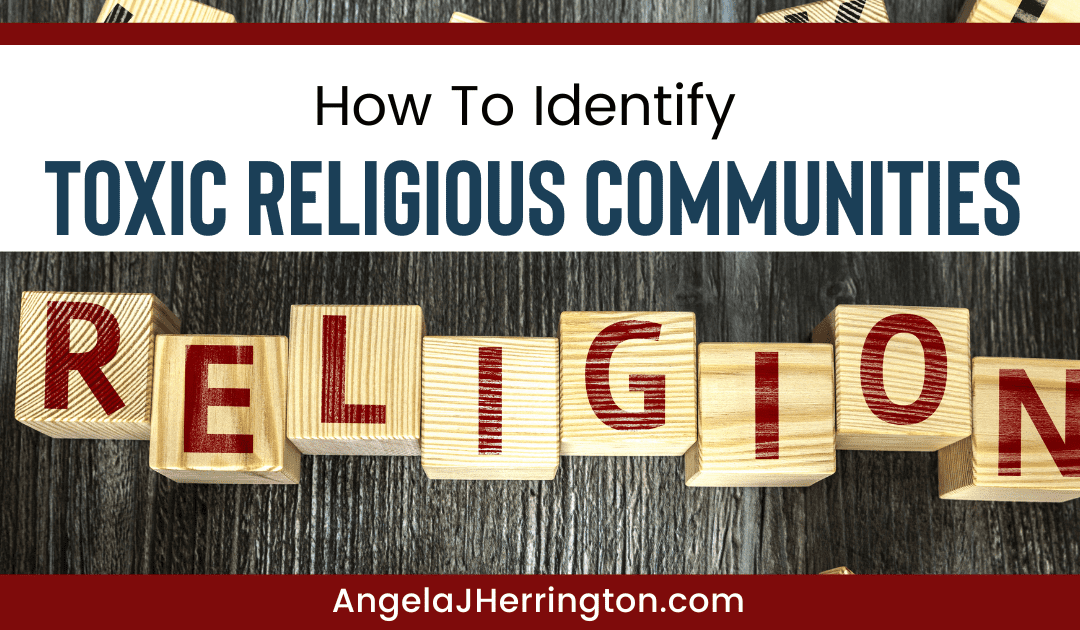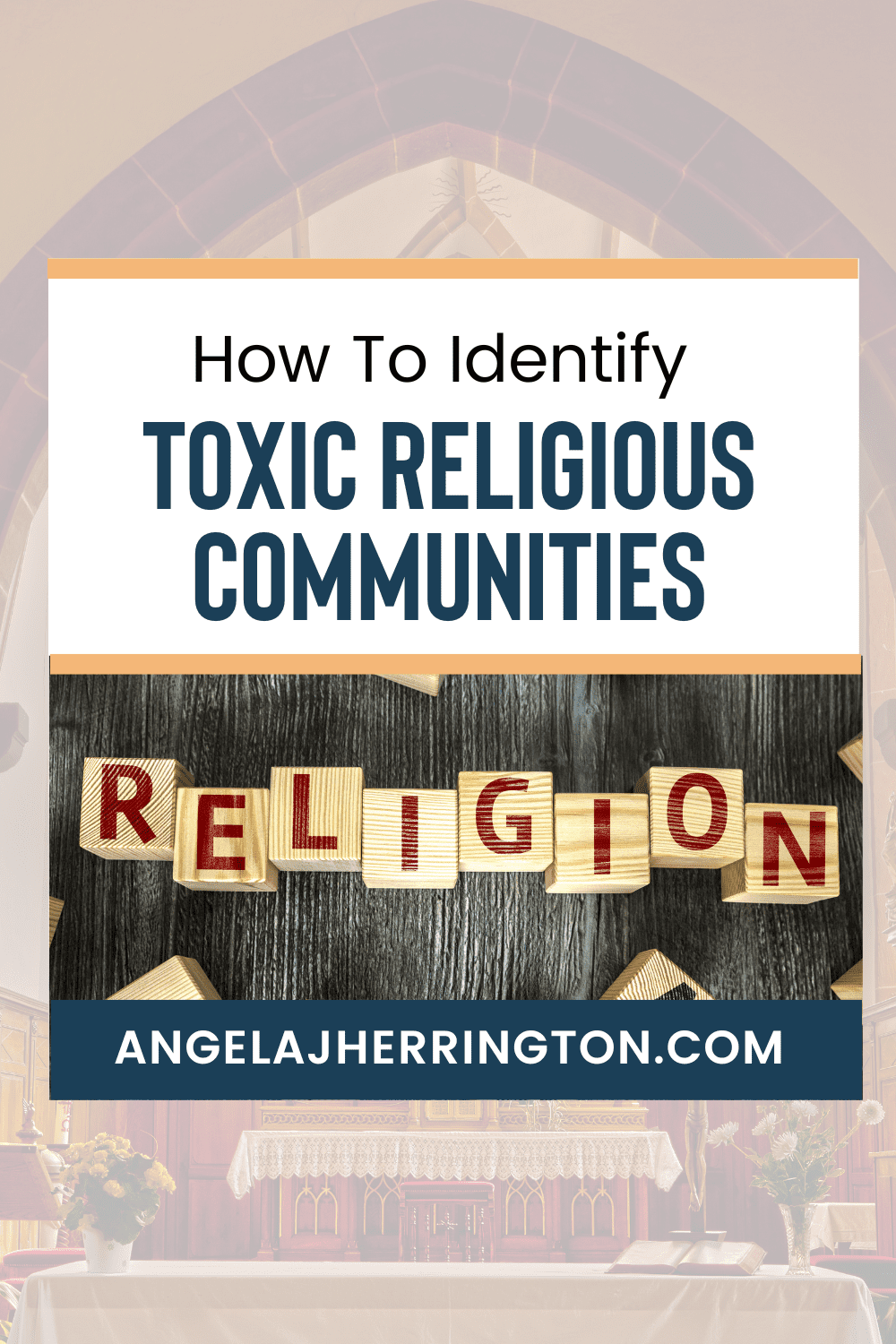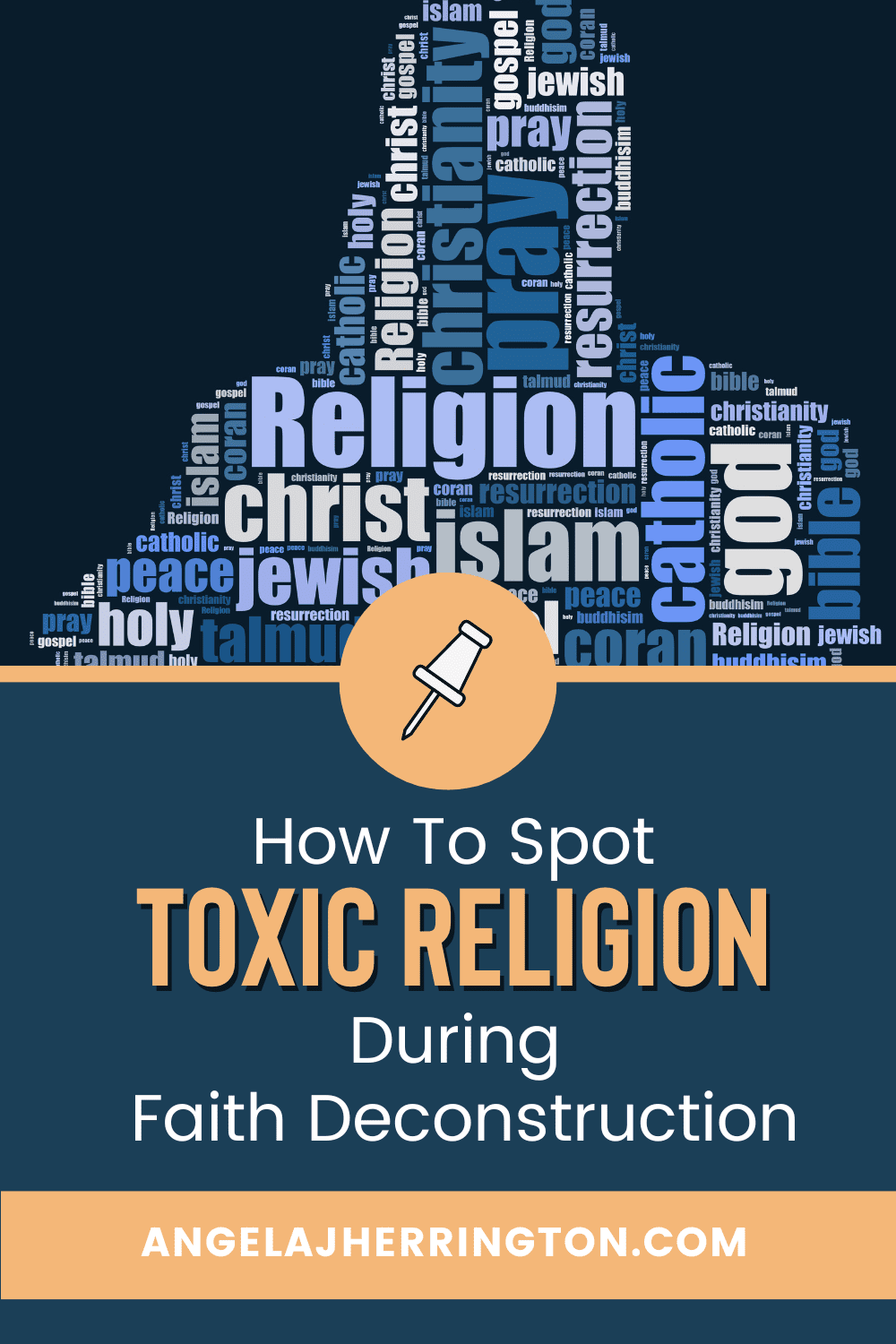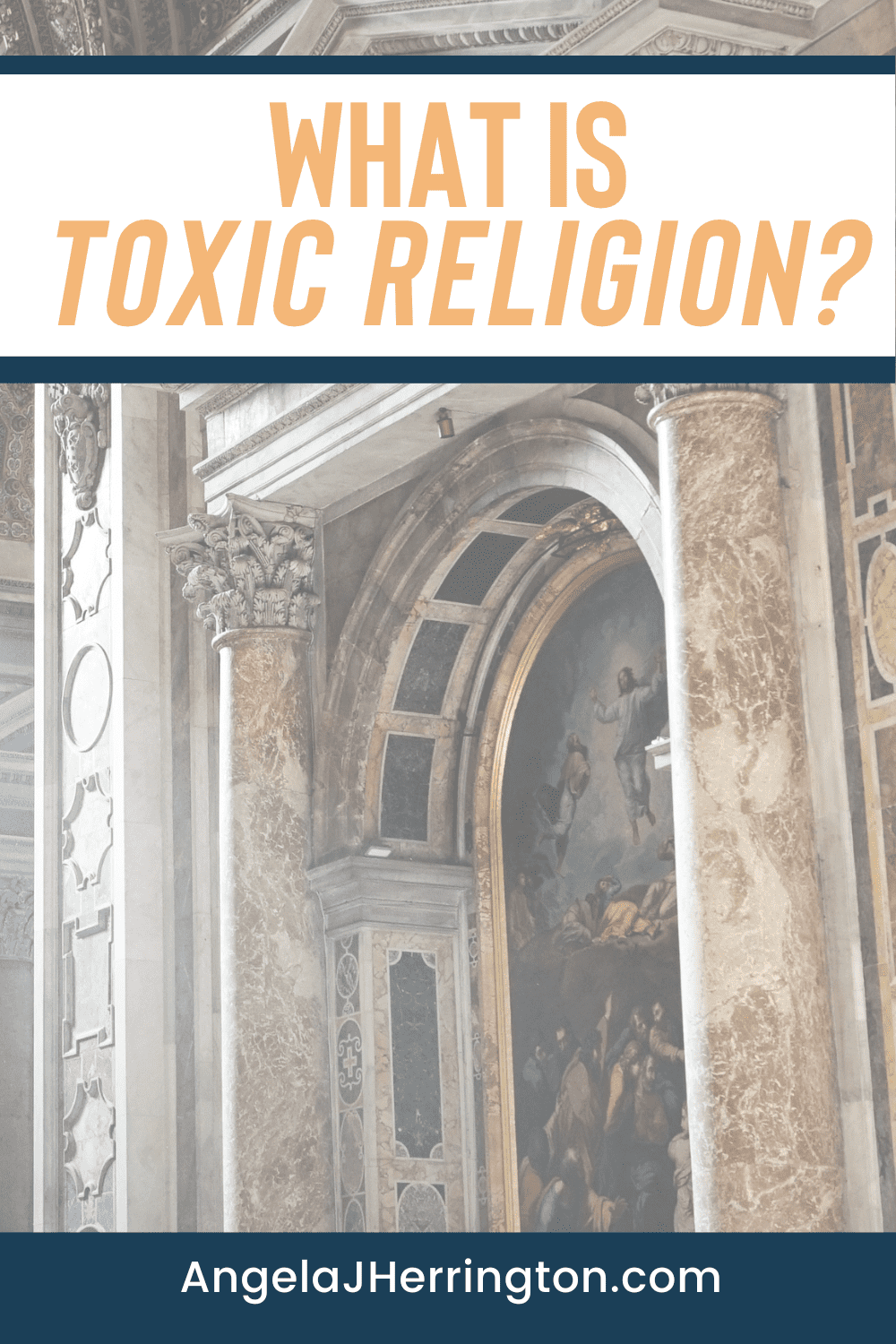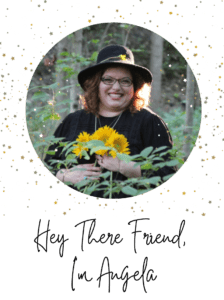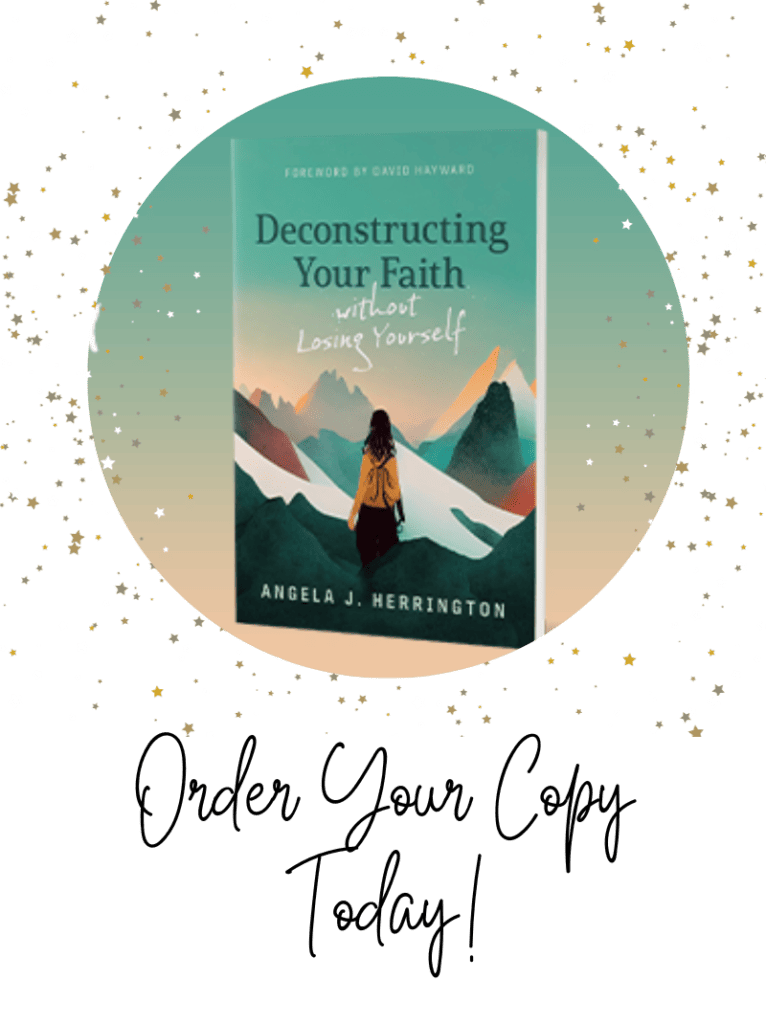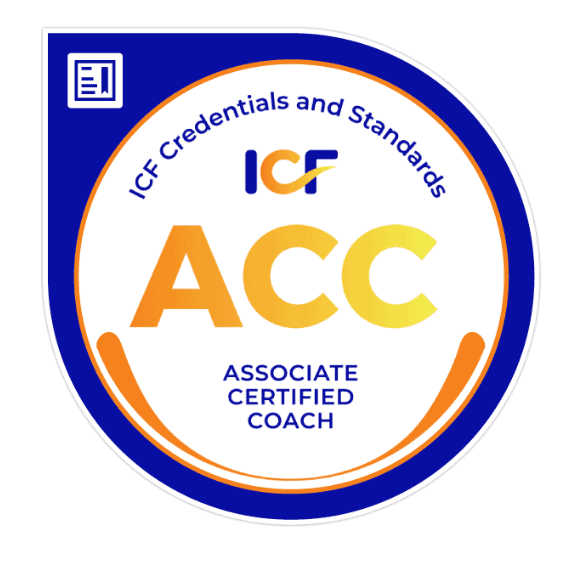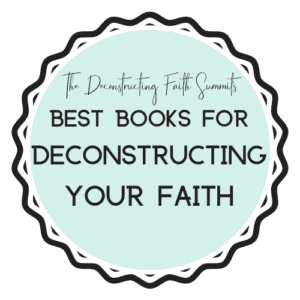Religion can be a beautiful thing. It can unite people, offer comfort in difficult times, and inspire individuals to lead more meaningful lives. But when religion becomes toxic, it can do just the opposite.
It tears people apart, causes deep trauma, and allows individuals to do unspeakable things in the name of their faith. So, exactly what is toxic religion, how can you spot it, and why should you steer clear of it? Let’s find out!
First things first, it’s exactly what it sounds like – a poisonous, harmful, and damaging version of spirituality that’s more about control than connection.
It’s the kind of religion that uses fear, shame, and guilt to manipulate and coerce people into following its dogma.
It’s the kind of religion that tells you what to think, feel, and do without leaving room for questioning or doubt. It’s the kind of religion that thrives on power imbalances and hierarchies, with a select few at the top calling all the shots.
Now, you might be thinking, “Okay, but isn’t all religion kind of toxic?” And sure, there are certainly elements of this in many religious traditions. But harmful religion takes it to a whole new level. It’s when religion becomes less about fostering love, compassion, and understanding and more about enforcing rules and beliefs that benefit the people in power. It’s when those in power use that religion as a tool of oppression rather than liberation.
Toxic religion can take many forms, but at its core, it is any belief system or religious practice that causes harm to individuals or communities. This harm can be physical, emotional, or psychological, and it can come from a variety of sources, including leaders, doctrines, and traditions.
So, why is it such a problem? For starters, harmful and toxic theology can have severe mental and emotional consequences for those caught in its grip. It can leave people second guessing themselves, their choices, and those around you. When there is a strict line of black-and-white, it can create an us-versus-them thinking pattern that dehumanizes people outside of the ‘in group.’ Perhaps you have experienced this sitting in church if you are queer, and the pastor starts condemning 2SLGBTQIA+ folk from the pulpit, the desire to be safe and leave can conflict with the desire to belong, and can cause religious trauma over time.
Purity culture is another example that has a direct link to painful sex, frustration around sexual activities, and shame around body image and femininity.
People in toxic religious communities may feel intense shame, guilt, and fear if they don’t adhere to the group’s rules and beliefs.
When a religious leader or community insists on absolute certainty in their beliefs, questioning or dissent is not allowed. Deep control can lead to groupthink, dogmatism, and even cult-like behavior. People who disagree may be ostracized or seen as a threat for questioning authority or expressing doubts. And in extreme cases, they may even be subject to abuse or violence.
When any religion claims to be the only path to salvation, it creates a toxic environment where those who do not believe as they do are considered inferior, misguided, or even evil.
This allows discrimination, intolerance, and violence to flourish while reinforcing harmful stereotypes and prejudices, promoting bigotry and discrimination. It suffocates critical thinking and curiosity, preventing people from exploring new ideas and perspectives.
Another red flag is when a religious leader or community is not held accountable for their actions. It allows abuses of power, corruption, and even criminal behavior to go unchecked. Reckless leadership traumatized follers and can lead to a loss of faith and disillusionment.
So, what can we do to avoid toxic religion?
Well, for starters, we can educate ourselves about the warning signs. A church or religious community is often never completely out of the blue toxic that no one saw coming. There are usually multiple signs although some are more subtle than others, like who is in charge, if there are women or diverse people of color in the community or on the board. Other signs could include what they expect from volunteers, how they treat volunteers, to even the way they speak about people when they aren’t around.
Listen to your gut, and see if the church lights you up with joy, or lights up your flight or flight response, they can feel similar, but they are very different.
If a religious community seems excessively controlling or demands absolute obedience, that’s a red flag.
If a religious leader or group is using fear, shame, or guilt to manipulate its followers, that’s a sign of toxicity. And if a spiritual tradition promotes harmful beliefs or practices that cause harm to others, that’s a problem. Cults can look shiny and clean from the outside but can feel like a pit of quicksand once you are in. If it seems too good to be true, it probably is.
A church that will only share it’s doctrine after you get baptized may be an obvious red flag, but a church that subtly guilts you repeatedly for not attending a weeknight service or for not being a part of a small group may seem like kind nudges at first, but those yellow flags are waving. Don’t be afraid to ask questions or challenge authority, especially if you feel something is wrong. It is possible to learn to trust yourself outside of Church.
But remember, it’s a process, if you aren’t sure where your Church falls on the spectrum of harmful religion, here are 30 signs your church is immersed in toxic theology.
Learn as much as possible about your faith community’s organizational structures, checks and balances, and doctrines.
Compare them to other perspectives and viewpoints. Do they protect people from abusive leadership? Do they leave gaping holes for exploitation? Do they push people to the margins? Digging until you answer these questions helps you determine if a community is safe or toxic.
So what is toxic religion?
Toxic religion isn’t just a church we don’t like; it’s a genuine threat that harms individuals inside and outside of the church’s walls. But we don’t have to accept it, and we can choose to reject harmful and dangerous theology and seek a spirituality that promotes love, tolerance, compassion, and understanding. Doing so not only holds space for our own healing, it prevents us from throwing our weight and resources into a toxic system. If you are looking for a space to heal and process your experience and figure out a way forward, I invite you to come join us in my Free Facebook group, where we talk about deconstruction, faith, toxic theology, and healing.
The wilderness outside a structure of faith can be scary to explore, but you don’t have to do it alone.
Hungry for more? Here are a few popular faith deconstruction related posts you’ll find helpful:
What Does it Mean to Deconstruct Your Faith?
Sometimes You Have to Leave the Church to Find God
Is Deconstructing Your Faith Biblical?
8 Reasons Why Christians Should be 2SLGBTQIA+ Allies
Deconstructing While Parenting
How to Get Out of Toxic Religion
The Best Faith Deconstruction Conferences & Online Summits
Deconstructing Your Faith When Your Partner Isn‘t
The Best Books for Deconstructing Your Faith
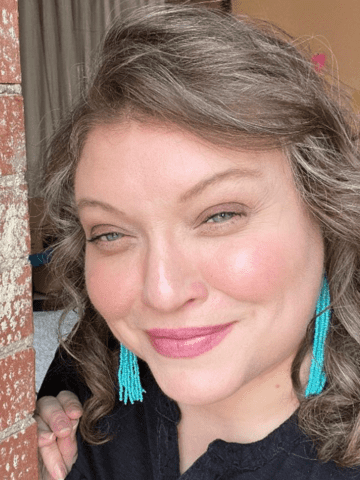
Angela is a Faith Deconstruction Coach and host of The Deconstructing Faith Summit who helps people break free from toxic religious culture & empowers them to recover from #churchhurt. She has led online ministries for a decade, enjoys working with clients 1:1, in groups, and is a dynamic conference speaker. She’s a Lark’s Song Certified Life Coach who reaches thousands of people in 40+ countries each month on Facebook, IG, Twitter, Pinterest, and her blog.
She’s a firstborn, Enneagram 8, Gen Xer who loves to question everything. She holds a BA from Indiana Wesleyan and a Masters in Leadership from Wesley Seminary. Her graduate research project focused on leadership development and opportunities for Gen X women in the US church.
Angela and her unique online ministry are featured in Lyz Lenz’s 2019 book God Land: Story of Faith, Loss, and Renewal in Middle America. She has published articles in Hope for Women and HOPE is Now magazines. She has been featured in The New Republic, Publisher’s Today, and Religion News Service.
Her first book, Deconstructing Your Faith Without Losing Yourself, Will be published by Eerdmans in February 2023.
Angela is also a wife, mom to 5, and a proud resident of Marion, Indiana with her family when they’re not traveling the US in their RV.

